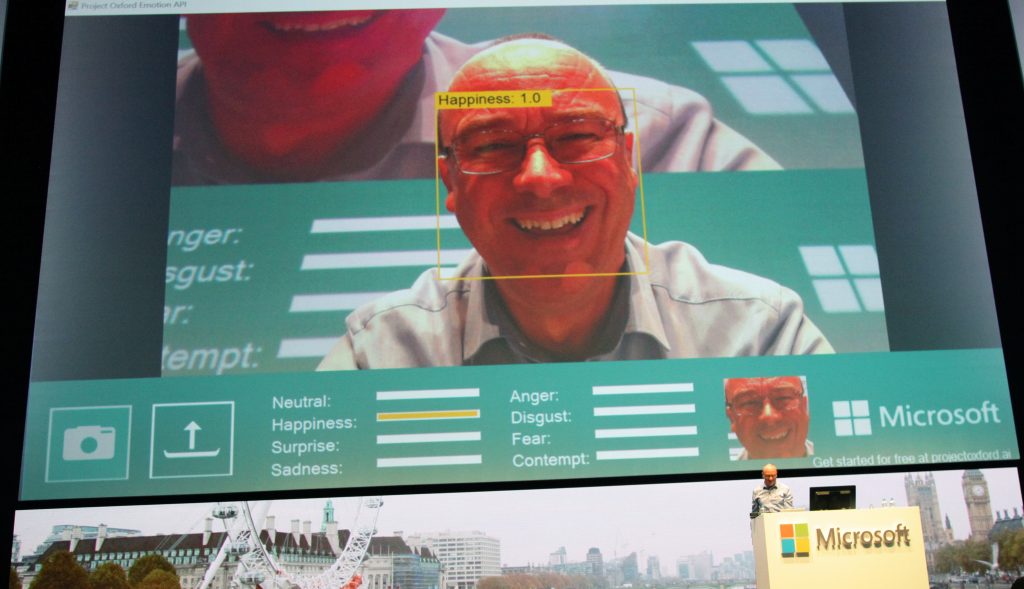Welcome back to Weekend Reading! The past seven days were particularly rich with good stories, especially ones that inspire what’s known in Internet speak as “all the feels.”
On Veterans Day, America’s annual celebration of those who have served in the armed forces, Microsoft created a heartwarming and inspiring slideshow. It featured former service members who currently work at the company talking about how their military service helped them become the people they are today. The slideshow was created to honor those employees, but also in the hopes that even more service members will consider spending the next stages of their career at Microsoft.
Meanwhile, Skype in the Classroom enabled students studying Veterans Day to tour The National WWII Museum in New Orleans, Louisiana, without ever leaving their seats. Skype in the Classroom also provided downloadable lesson plans to help classes learn more about how Veterans Day became a holiday, and why it remains significant today.
Next came a fascinating and informative story about the present state and the future of information security from Microsoft President and Chief Legal Officer Brad Smith. The winding tale of intrigue takes readers from the mysterious Foreign Intelligence Surveillance Court to cybersecurity attacks on Hollywood. Smith also outlines the steps Microsoft is taking to protect people’s security and to respect their privacy. “We want to put the right kind of steps in place to protect legal and regulatory compliance, and perhaps most of all to ensure that everyone knows what is happening with their own information,” he writes.
This week, even computers were having feelings; the Microsoft Project Oxford team announced plans to release a tool that can recognize emotions in pictures.
Happy? Sad? Angry? Humans have traditionally been much better than computers at recognizing emotions on people’s faces – until now. Recent advances in the fields of machine learning and artificial intelligence are allowing computer scientists to create smarter apps that can identify things like sounds, words, images – and yes, even facial expressions.
Chris Bishop, head of Microsoft Research Cambridge in the United Kingdom, showed off the emotion tool early Wednesday in a keynote talk at Future Decoded, a Microsoft conference on the future of business and technology.
Finally, I dare you not to get a little verklempt at the story of Matt Lydon, shared this week on Microsoft social channels. Lydon, vice president of Worldwide Search Advertising at Microsoft, tried to keep his Parkinson’s disease diagnosis under wraps for almost three years. Finally, exhausted by trying to keep it a secret, Lydon told his colleagues, who rallied to support him in a big way. Lydon is now determined to make a positive impact for others living with the disease. And he’s not alone.
Thank you for reading about what shall heretofore be referred to as Week of a Thousand Feels. Here’s to hoping we can get back to good, old fashioned zeroes and ones next week – I’m all out of tissues.
Jennifer Warnick
Microsoft News Center Staff




